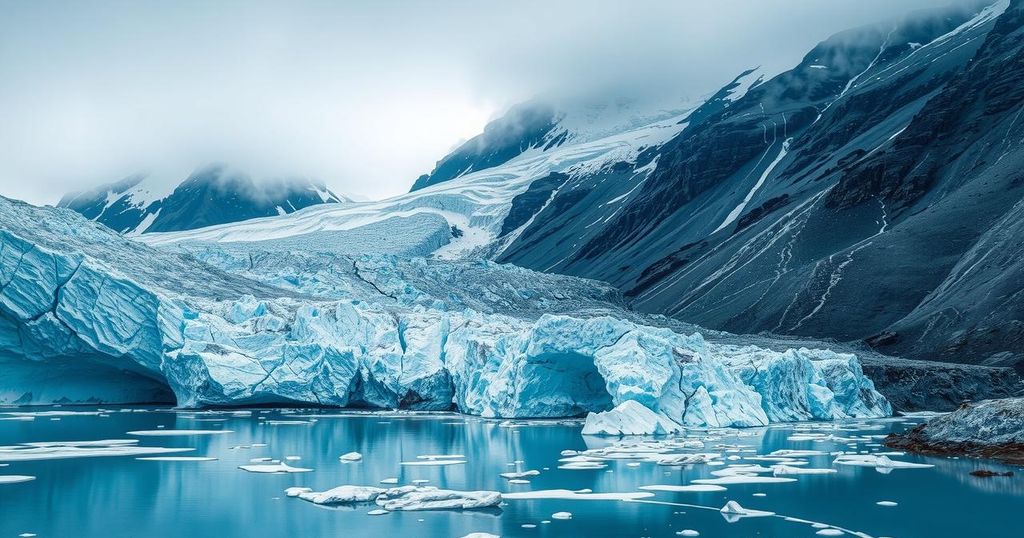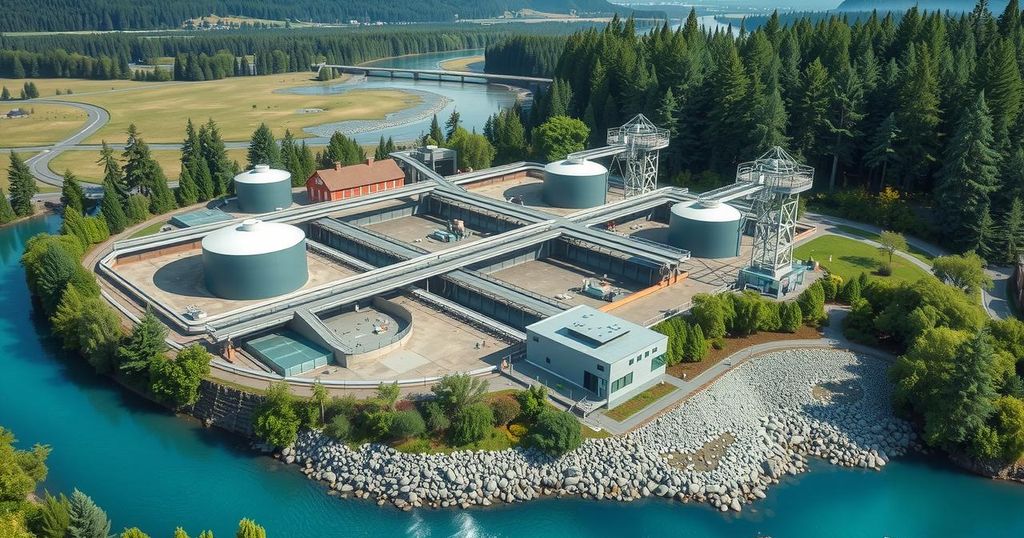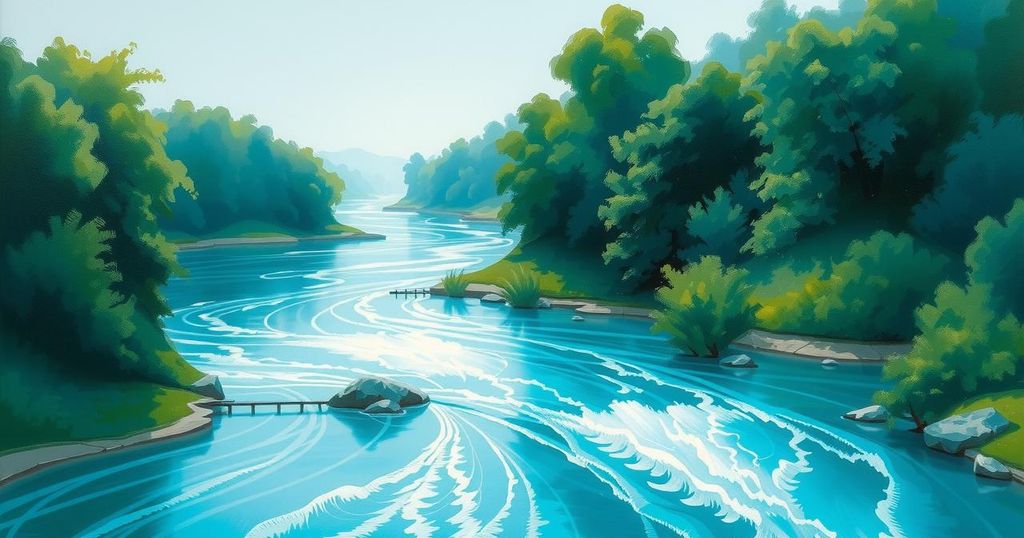UNESCO has reported unprecedented glacier melt, with record losses over the past three years. Michael Zemp noted a total loss of 9,000 gigatons of ice since 1975, equating to an ice block the size of Germany. The melting glaciers contribute to rising sea levels and threaten freshwater supplies. These findings will be addressed during the upcoming International Day of Glaciers in Paris.
The United Nations Educational, Scientific and Cultural Organization (UNESCO) has reported unprecedented levels of global glacier melt, marking the past three years as the worst in recorded history. Michael Zemp, the head of the World Glacier Monitoring Service, emphasized during a Geneva press conference that since 1975, glaciers have lost approximately 9,000 gigatons of ice, equivalent to an ice block the size of Germany, 25 meters thick.
Zemp noted that five of the last six years saw record ice losses, including a staggering 450 gigatons lost in 2024 alone. This trend is projected to increase as global temperatures continue to rise due to climate change, particularly affecting areas such as the Arctic, the Alps, South America, and the Tibetan Plateau.
The retreat of glaciers poses significant threats, contributing to rising sea levels and increasing the risk of flooding for millions of people. Additionally, glaciers play a crucial role in maintaining freshwater systems essential for agriculture and hydropower that support billions. Together with ice sheets from Greenland and Antarctica, they represent about 70% of the world’s freshwater resources.
These alarming findings precede a UNESCO summit in Paris that will commemorate the first International Day of Glaciers. Officials are expected to advocate for coordinated international efforts to protect the remaining glacier systems.
The report from UNESCO highlights the dire state of glaciers worldwide, with record ice loss raising alarms over climate change impacts. Urgent action is necessary to address rising sea levels and to protect vital freshwater resources that billions of people depend on. The upcoming International Day of Glaciers emphasizes the need for global cooperation in preserving these critical environmental assets.
Original Source: shafaq.com




